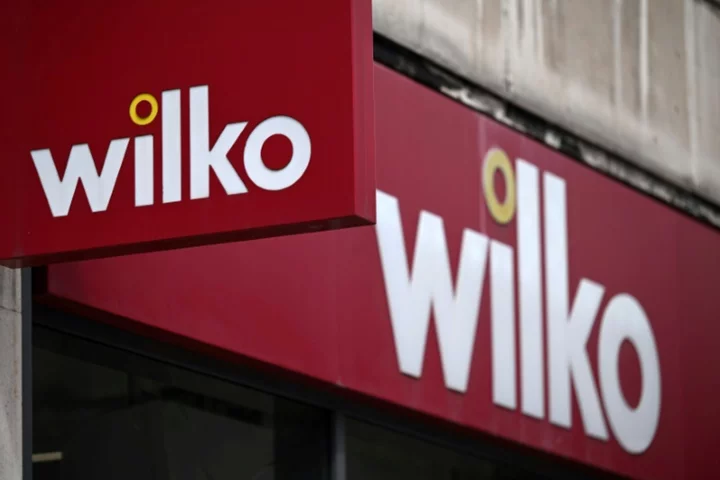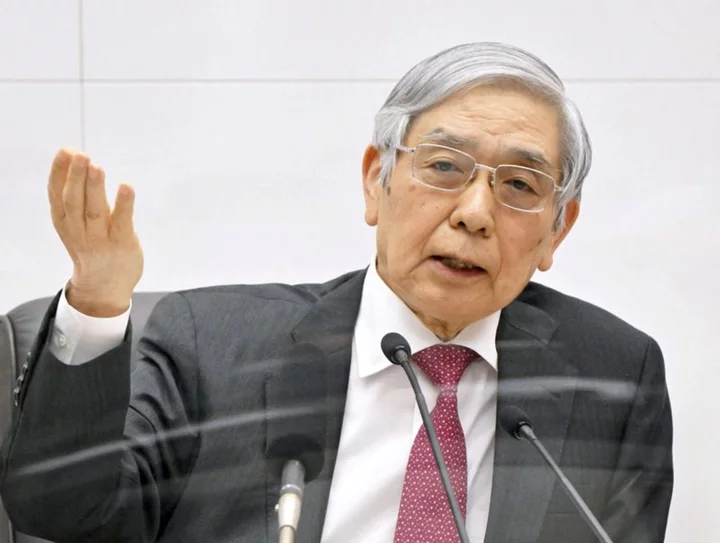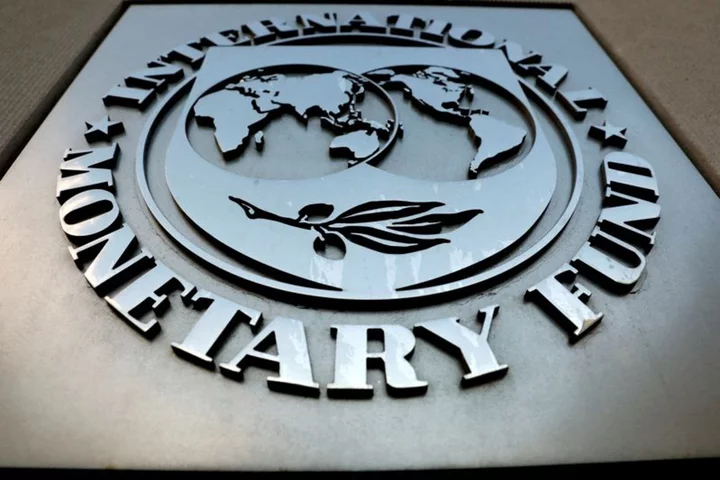Turkey's annual inflation approached 60 percent last month, official data showed Monday, putting pressure on the central bank to further hike interest rates at the risk of angering President Recep Tayyip Erdogan.
The state statistic agency said prices rose by 58.9 percent over 12 months ending in August compared to 47.8 percent in July.
The latests data will test the limits of how much leeway Erdogan's new market-friendly economic team has to raise borrowing costs.
"Pretty awful inflation prints," emerging markets economist Timothy Ash remarked in emailed comments.
"This will heap pressure on the (central bank) to further significantly hike policy rates from 25 percent at present."
The Turkish leader has been a lifelong opponent of high interest rates due to his unorthodox conviction that they cause -- rather than help cure -- inflation.
His decision to push policymakers to slash rates in the face of rising consumer prices saw inflation soar to 85 percent last year.
The economic crisis nearly cost Erdogan his re-election in May.
He won after showering his supporters with massive pay increases and introducing an early retirement programme that cost the government billions of dollars.
Analysts feared that Turkey would enter a systemic crisis unless Erdogan radically changed course after the vote.
- 'Risk will remain high' -
He did just that by overhauling his government and tapping a handful of respected Wall Street veterans to top economic posts.
Finance Minister Mehmet Simsek and new central bank chief Hafize Gaye Erkan have begun to carefully dismantle Erdogan's economic legacy and win over foreign investor trust.
Erkan initially caused consternation by raising the central bank's policy rate from 8.5 percent to 17.5 percent over two months -- far less than analysts had hoped.
But she thrilled the markets by lifting the rate to 25 percent last month.
The lira briefly gained nearly eight percent against the dollar and the cost of insuring Turkish government debt against default sharply fell.
Erdogan followed the rate hike by declaring full support for the course taken by his team.
But analysts question the limits of Erdogan's patience.
Turkish media reported that Erdogan signed off on last month's rate decision after being convinced that it would only remain in place "for a while".
But analysts warn that the current policy rate is too low to get inflation under control.
"Risks will remain high for as long as President Erdogan stays in power," Capital Economics emerging markets economist Liam Peach wrote in a report.
zak/fo/lth









